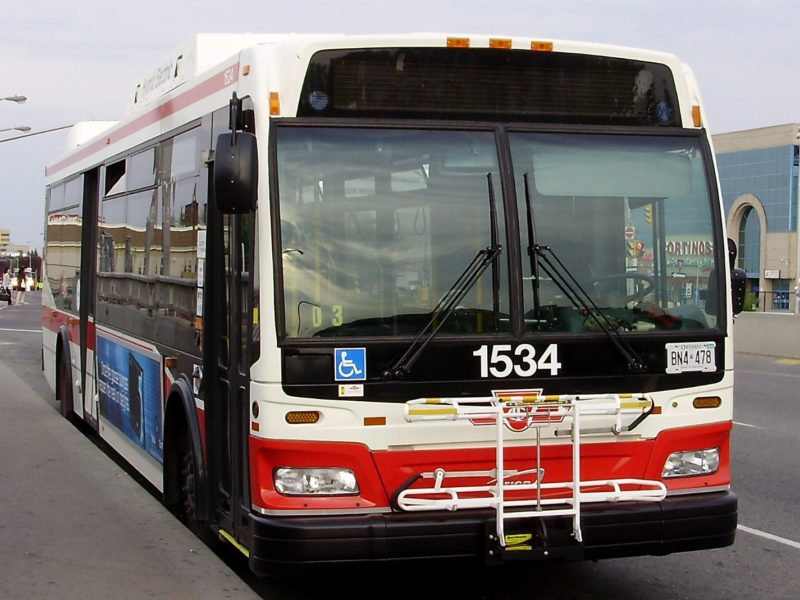


Toronto, ON – In an effort to reduce fare evasion, the Toronto Transit Commission has introduced a new initiative: personal fare inspectors for every rider.
Using a Tinder-style app, every TTC rider will get to choose the Personal Fare Inspector (PFI) best suited to intimidate them into spending more money than people in almost any other major city in the world to fund an ostensibly public service.
The PFI initiative will cost the city roughly $200 billion per annum, but TTC Vice President of Efficiency Mick O’Leary believes it will pay for itself in peace of mind.
“Finally, Torontonians can rest easy knowing all their fellow commuters have paid the proper fare,” the VP says.
He cites a TTC survey which found that fare evasion is the number one concern among Toronto residents, beating out the cost of housing, the risk of flooding, and a lack of dispensaries and vape stores.
“Fares are necessary on the TTC,” O’Leary claims. “If riders don’t pay their fare, how would we pay the fare inspectors?”
The TTC has also instituted a 200% fare increase, Uber-style surge pricing, and increased fines, which PFIs have been told to hand out “only as a last resort or whenever you feel like it.” Riders will have the choice to pay their fines by cash, credit card, or with a pre-paid TTC fines gift card. And if they can’t afford to pay, their PFI will simply dock their credit score right on the spot.
“The TTC will always offer our customers options. Like the option to tip your fare inspector 15, 20, or 25 percent,” says O’Leary. “Or the option to choose which type of mace your inspector carries. People appreciate a personal touch.”
The new policies have been met with criticism, but O’Leary is standing by his decisions. He says the PFI initiative has created millions of jobs and reduced crowding (because no one can afford to ride the TTC). He also claims it will prevent profiling by treating all people like criminals regardless of race or class.
“And once we solve fare evasion,” O’Leary says, “We can finally move on to fixing the smaller issues. Like preventing delays, limiting stabbings, and figuring out why the 43 bus hasn’t arrived for seven years.”


